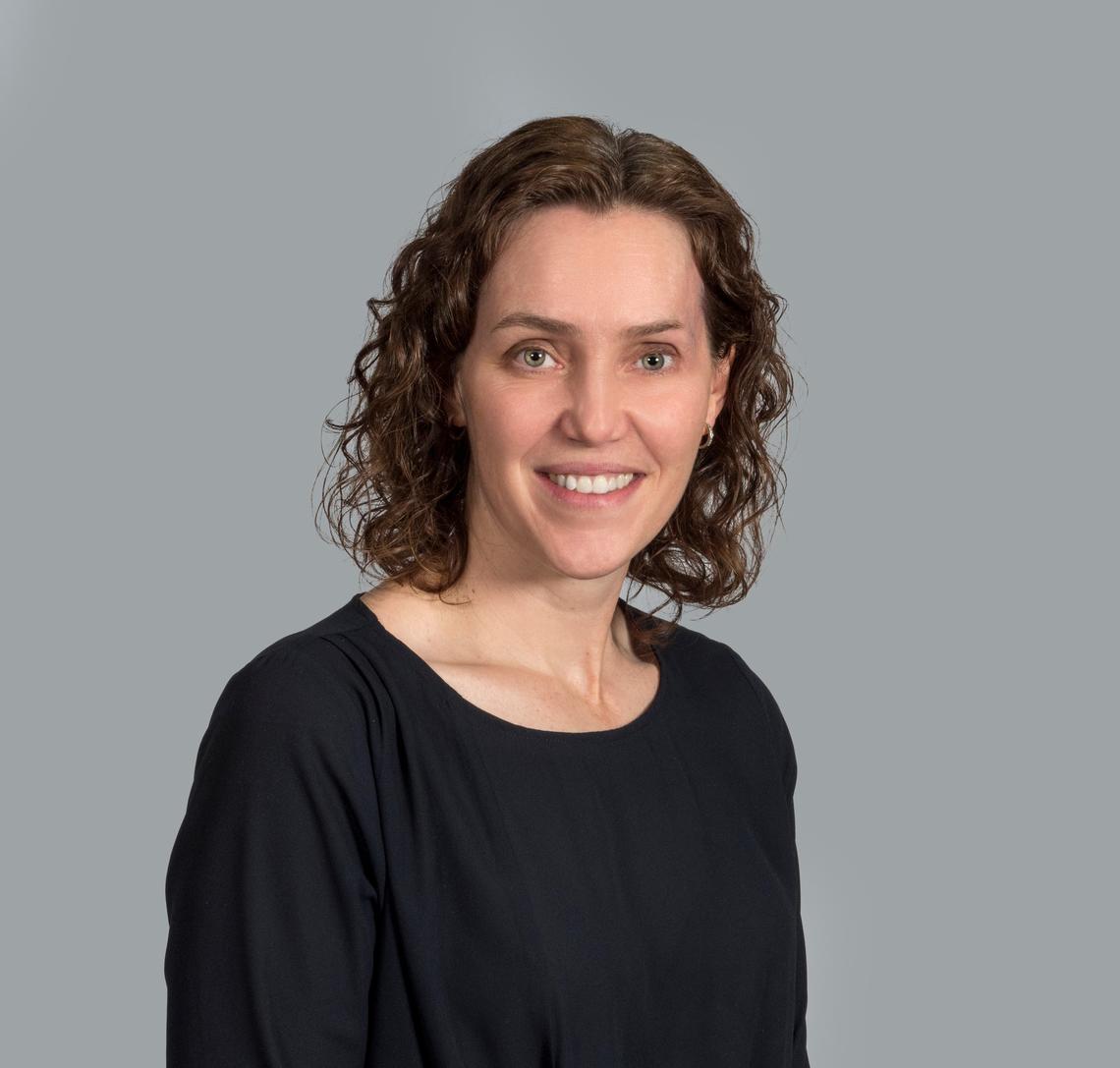June 27, 2022
New work-integrated learning initiative opens doors for neurodiverse students

Having extensively studied autism in higher education — and navigating the university experience for the past eight years as someone on the autism spectrum — Jennifer Williamson, BSc’20, is encouraged by a growing trend toward universal design. It’s an approach that expands accessibility for everyone, creating spaces that meet the needs of all people who wish to use them.
“A ‘disability’ is often a result of the environment, not the person,” says Williamson, who is currently working toward a master’s in psychology. “For example, if every building had ramps and automatic doors, a wheelchair isn’t necessarily an impediment.”
The same concept applies to experiences like work-integrated learning (WIL). It’s an important part of post-secondary education, embedding students in the workplace to grow their skills and connect them with employers.
Neurodiverse students, however, can face challenges in accessing or fully benefiting from these opportunities. Following the principles of universal design — and with the support of The Sinneave Family Foundation — the University of Calgary is embarking on an ambitious new initiative that will improve access to WIL and enable a campus-wide systems change.
Meaningful partnership to drive neuroinclusivity
The WIL initiative for neurodiverse students will identify and address inequities that have been studied by scholars like Williamson, whose research findings matched their own experience. “Autistic students generally excel at academics, but face a lot more challenges in non-academic domains, such as the workplace or social situations,” says Williamson. “At the same time, most supports for neurodiverse students are targeted towards the academic domain.”

Sinneave Family Foundation president Tanya McLeod
Courtesy Sinneave Family Foundation
Sinneave is very familiar with how gaps in supports impact neurodiverse students, having dedicated the past 14 years to improving access to education, employment and housing for people on the autism spectrum, which is considered one aspect of neurodiversity.
“Autism, ADHD, dyspraxia, dyslexia — these are just diagnostic labels used to explain diverse ways of thinking, learning, experiencing and interacting with the world. There’s great potential in these differences,” says Sinneave president Tanya McLeod, who notes that there are numerous examples in history of how people with diverse perspectives, such as Thomas Edison and Agatha Christie, have shaped the world.
It’s important that neurodiverse students have broad opportunities to find success in education and the workplace. It will not only contribute to their growth, but to societal advancements as well.
To create these opportunities — and remove barriers to them — UCalgary was a natural fit for Sinneave. Their $3.75-million gift to the university will help neurodiverse students fully participate and thrive in WIL, while also improving the ecosystem that prepares them for employment and independence.
Right environment for success
“During exploratory discussions, it became clear that UCalgary is interested in the underlying systems change work that will address direct and indirect barriers that prevent neurodiverse students from taking full advantage of work-integrated learning,” says McLeod. “Seeing that shared commitment to an overall culture change is what solidified for me that this would be a really meaningful partnership.”
In addition to having a dedicated neurodiversity support adviser for students, UCalgary’s Office of Experiential Learning, Student and Enrolment Services, and Office of Equity, Diversity and Inclusion provide a solid foundation for the initiative.
“We’re not building something from scratch,” says Dr. Teri Balser, UCalgary provost and vice-president (academic). “The focus that we've been putting on experiential learning and work-integrated learning — and recognizing the value that that has for students — is what makes UCalgary a great place for this.”
Currently, more than 80 per cent of UCalgary programs include WIL, and the university is working toward having all students participate in experiential learning by 2025. Over the next four years, this new initiative for neurodiverse students will address the changes required to improve access to WIL, enhance programming and supports, and — just as important — find opportunities to learn from other leaders in this area, like Sinneave, while sharing UCalgary’s learnings beyond the campus.
“This is going to bring attention to a space that doesn’t always get the attention it deserves,” says Balser.
Everyone should have the opportunity to confidently enter the workforce. Everyone should have the opportunity to learn, to feel like they're welcomed and engaged, and bring all of who they are to the table.
It’s a shift that doesn’t just reduce stigma — it goes so far as flipping the script on how we view our differences. After all, our survival as a species depends on diversity, says Williamson, who wants to see differences valued, not quashed.
“We need to give ourselves permission to put ourselves out there as we are,” says Williamson. “Autism is a part of me — and you can't have me without my autism.”






